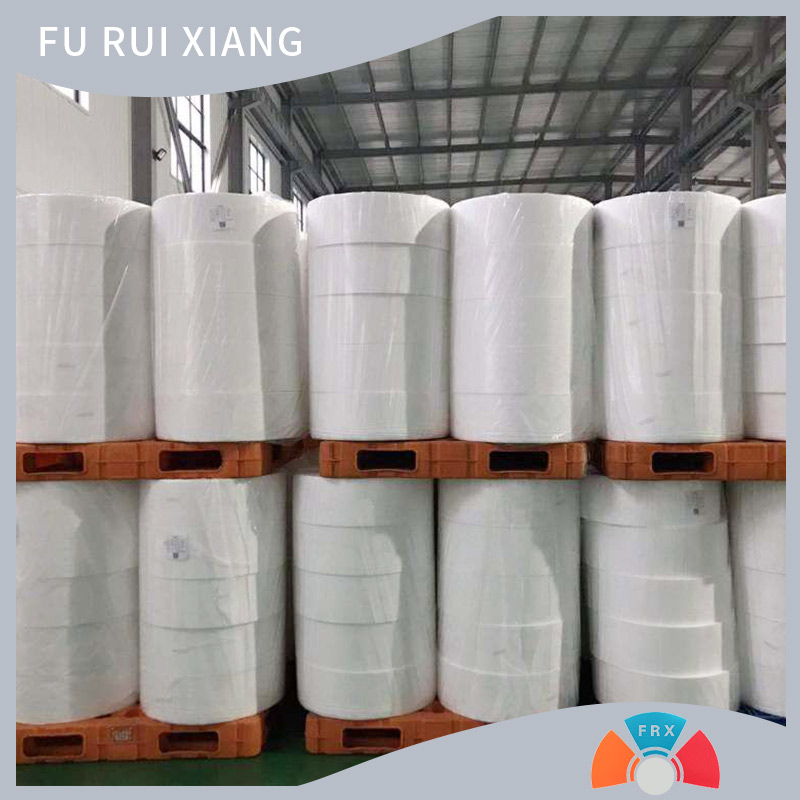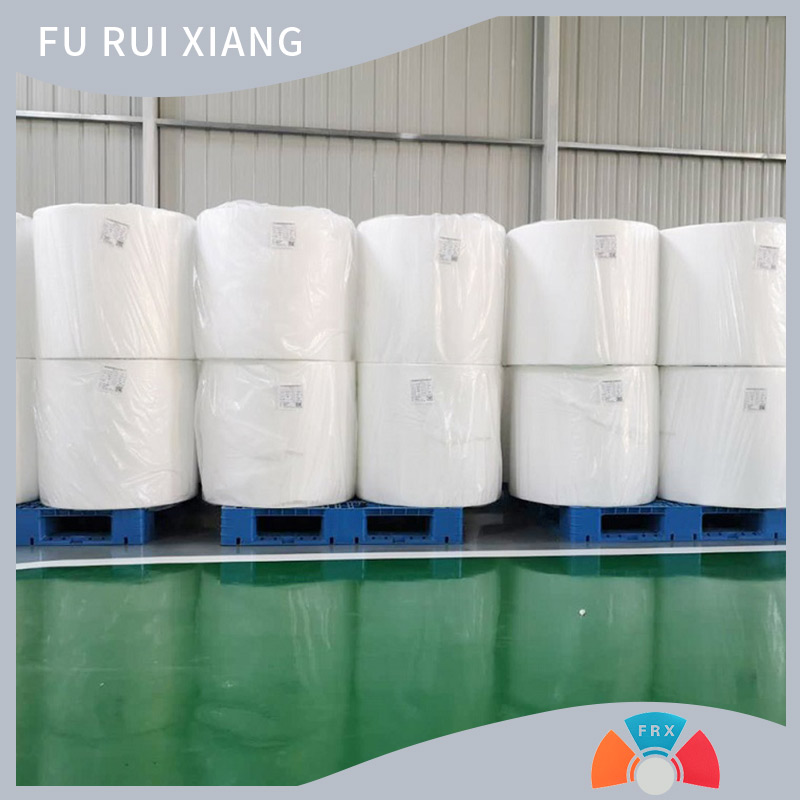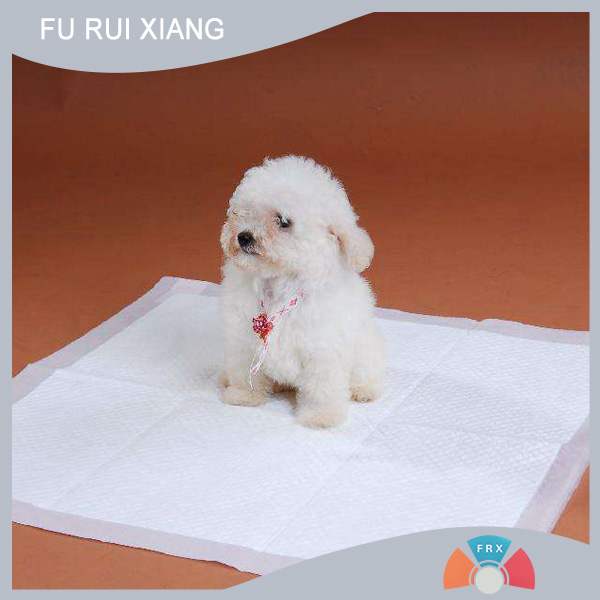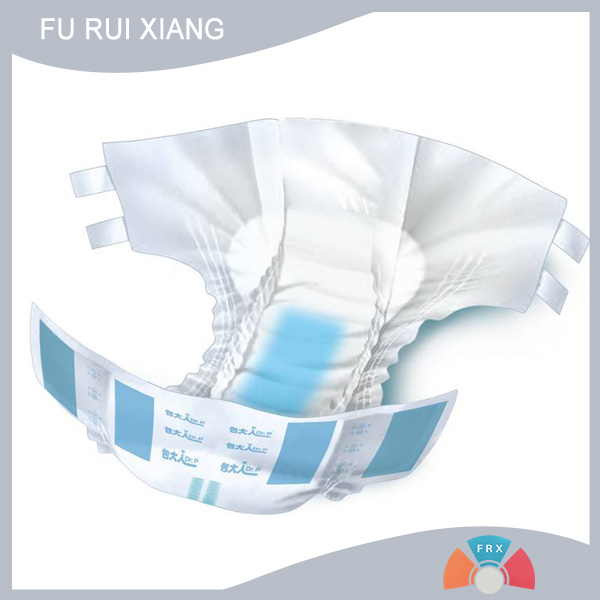How are spunbond nonwovens made?
Spunbond non-woven fabric extrudes and stretches the polymer to form continuous filaments, and the filaments are laid into a web. The web is then subjected to self-adhesion, thermal bonding, chemical bonding, or mechanical reinforcement to change the web. Into a non-woven fabric.
Spunbond non-woven fabric has good high temperature resistance and low temperature resistance (polypropylene can be used for a long time in the environment of 150 ℃, polyester can be used for a long time in the environment of 260 ℃), aging resistance, UV resistance, high elongation, stability and breathability Good performance, corrosion resistance, sound insulation, mothproof and non-toxic.
Mr. Bi Huichuan has rich experience in the production of polypropylene spunbond non-woven fabrics. In April 1996, Qingdao Jufuxiang Plastic Industry Co., Ltd. (the predecessor of Qingdao Furuixiang Plastic Technology Co., Ltd.) was established, dedicated to production and research and development. SMS, SS, S polypropylene spunbond non-woven fabric.
- Qingdao Furuixiang Plastic Technology Co., LTD. Spunbond Nonwoven Fabric: The mainstream molded category in nonwoven fab
- Green and low-carbon, the textile industry is accelerating its "breakthrough"!
- Furniture non-woven fabric: A furniture auxiliary material that combines practicality and aesthetics!
- The export situation of China's textile and garment industry in the first half of the year!
- Qingdao Furuixiang Plastic Technology Co., LTD. Spunbond Nonwoven Fabric: A high-efficiency formed nonwoven fabric categ
- Spunbond nonwoven fabric: A high-efficiency formed nonwoven fabric category!
- Raw materials, properties of medical non-woven fabrics, and differences from ordinary non-woven fabrics!
- The production situation in the textile industry remains stable!
- Qingdao Furuixiang Plastic Technology spunbond Nonwoven Fabric at the Beginning of Autumn!
- Qingdao Furuixiang Plastic Technology Co., LTD. Weicai Non-woven Fabric: Practical Protective Material in early August!










